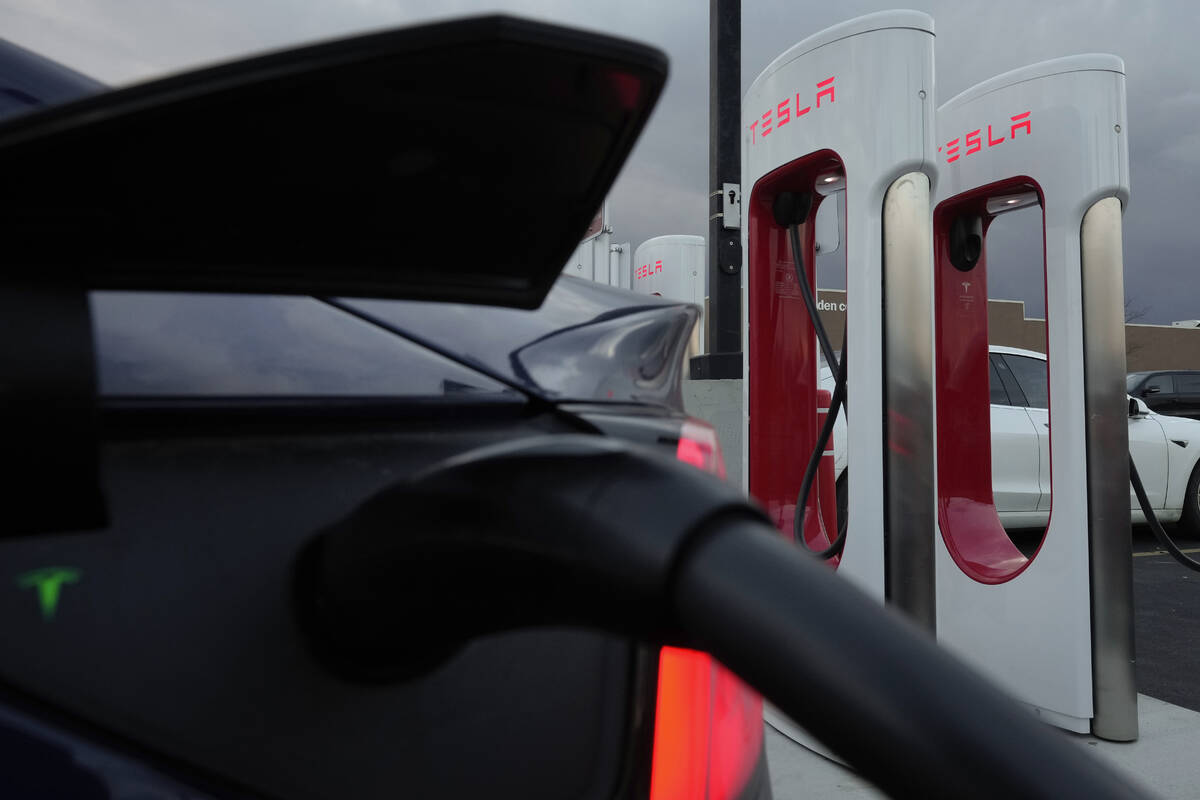COMMENTARY: Green innovation is key to addressing climate change
At the turn of the 21st century, in the famously bold words of Francis Fukuyama, history had come to an end. There was relative peace and trust among major powers, significant economic growth, and rapid strides against poverty. It seemed like most major issues had been resolved.
Against this backdrop — and with the West emerging victorious after a century of significant conflicts involving democracy, fascism and communism — climate change became the top concern for wealthy nations, global institutions and the elite jet set.
From that moment on, climate advocates have eagerly pursued the goal of ending reliance on the fossil fuels that had fueled two centuries of incredible growth. Although this would require hundreds of trillions of dollars, they were confident that substantial growth was on the horizon. This was seen as the final push toward a bright future.
Time has proven that the notion of climate change being humanity’s last major problem — or that the world would unite to address it — was deeply misguided. Geopolitics and economic realities make a swift global transition from fossil fuels unfeasible.
Russia, Iran and North Korea have become major destabilizing forces against global security. None of these countries is likely to support climate efforts.
According to McKinsey &Co., a strategy and management consulting firm, achieving the sought-after net-zero target would require Russian climate policies costing $273 billion annually — about three times what Russia spent on its military last year. This is highly unlikely.
China speaks positively about climate change but relies heavily on coal for growth. It remains the world’s largest emitter of greenhouse gases, showing the biggest increase of any country last year. Renewable energy accounted for 40 percent of China’s primary energy in 1971 but fell to 7 percent by 2011 as coal usage surged. Since then, renewables have only modestly increased to 10 percent. Strong climate action could cost China nearly a trillion dollars yearly, which explains its slow progress.
Most of the rest of the world never shared the Western elite’s narrow focus on climate change. Despite significant progress, many people in developing countries still struggle with poverty, hunger and disease. Corruption, lack of employment, and inadequate education further complicate their futures. In less affluent countries, climate change has consistently been a lower priority.
This realpolitik means that most of the world — especially India and much of Africa — will continue focusing on increasing wealth through fossil fuels. Russia and its allies will disregard the climate change focus entirely. China will profit from selling the West solar panels and electric cars while only slightly reducing its emissions.
As wealthy countries try to shift the burden of climate policy onto poorer nations through carbon adjustment taxes, they will only deepen existing global divisions.
Meanwhile, Western countries need more funds for climate efforts. Annual growth per person in the West fell from 4 percent in the 1960s to 2 percent in the 1990s and now hovers just above 1 percent. The West is now in a position where it must allocate more resources to defense because of geopolitical pressures. It also needs to invest in health care for aging populations, education to address COVID-related learning losses, and infrastructure to future-proof economies.
The economic rationale for aggressive climate action has always been flawed — and this is now glaringly apparent.
Yet, those who grew up in the relatively calm era of the 1990s continue to push for deindustrialization and hardship to tackle climate change. They are failing, partly because carbon reductions need to be maintained over decades and through shifting majorities.
In Europe, voters increasingly reject politicians advocating for reduced growth and prosperity in the name of climate change. With seven presidencies and 14 Congresses before midcentury, strong climate policies that could cost each American $10,000 annually are likely doomed — regardless of who wins the November election.
Stringent climate policies will drive more voters toward populist, nationalist leaders who are more likely to abandon costly net-zero targets, leaving climate policy in complete disarray.
We need a better path forward. The solution isn’t to push voters into a worse position by forcing an early transition from fossil fuels to inadequate green alternatives. Instead, we should invest heavily in green innovation, eventually making clean energy cheaper than fossil fuels. This cost-effective approach would encourage everyone, including India and Africa, to make the transition.
The West won the Cold War through economic growth. It should avoid squandering trillions on self-defeating climate policies that few will follow, many will mock, and that mainly enrich China. The West still leads in innovation.
Spending a fraction of the climate trillions on green innovation could effectively address climate change. The remaining funds should be directed toward driving economic growth through broad-based innovation, defense, health care and education to maintain progress this century.
Bjorn Lomborg is president of the Copenhagen Consensus and a visiting fellow at the Hoover Institution. His new book is “False Alarm — How Climate Change Panic Costs Us Trillions, Hurts the Poor, and Fails to Fix the Planet.” He wrote this for InsideSources.com.

















